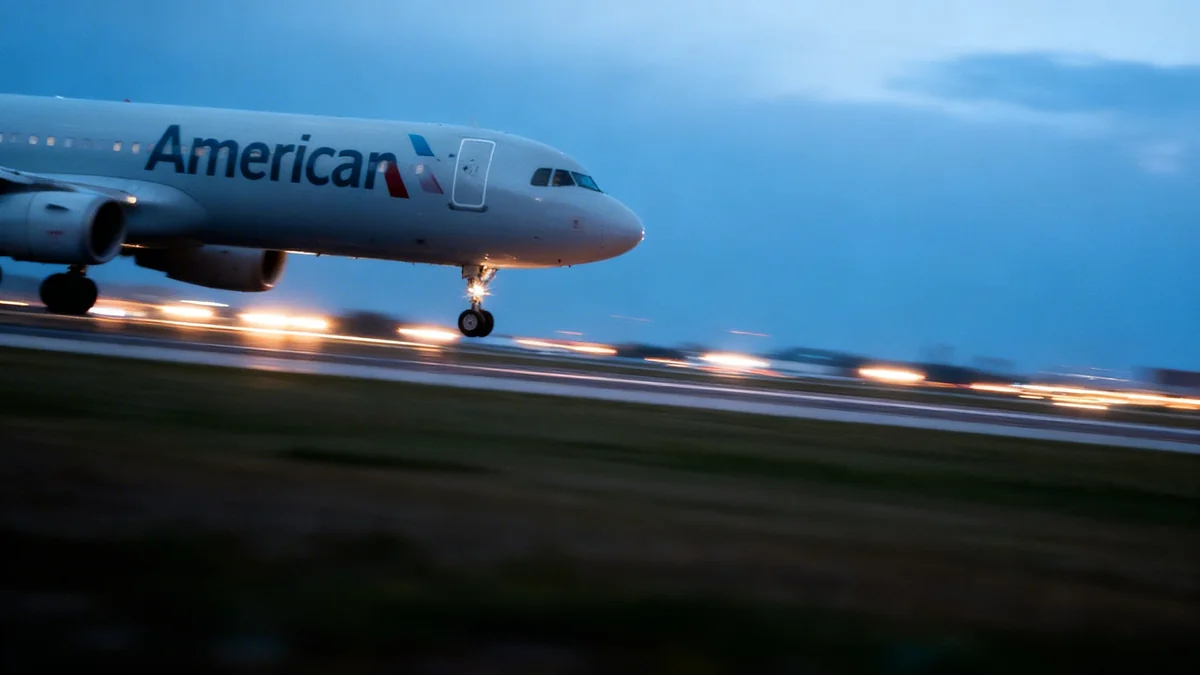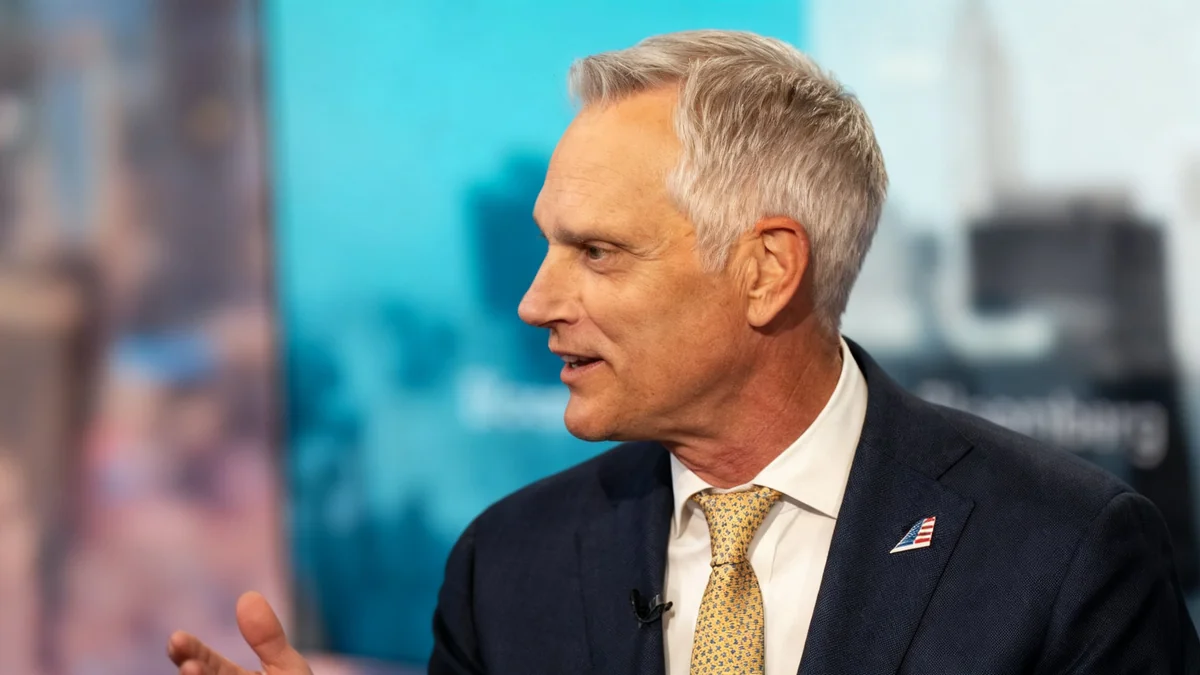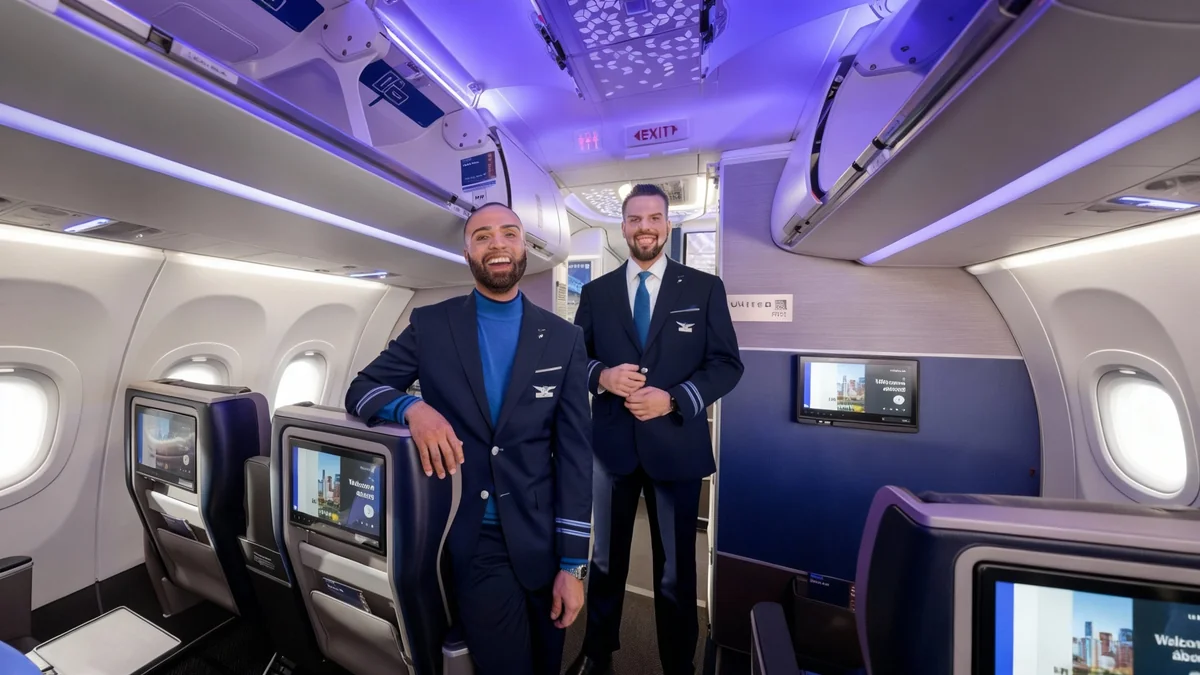Lufthansa, Germany's national airline group, announced plans to eliminate 4,000 administrative positions by the year 2030. The company attributes these job reductions to increased efficiency from artificial intelligence (AI) and digitalization efforts across its various airline operations. This move aims to streamline processes and enhance the group's overall profitability.
Key Takeaways
- Lufthansa Group will cut 4,000 administrative jobs by 2030.
- Artificial intelligence and digitalization are key drivers for these efficiency savings.
- The focus is on administrative roles, not operational staff.
- Lufthansa plans to centralize control over its airlines to boost profits.
- Trade unions have expressed strong opposition to the job cuts.
Restructuring for Future Efficiency
The Lufthansa Group confirmed reports regarding its intention to reduce its administrative workforce. This decision comes as part of a broader strategy to create a more efficient and centrally managed organization. The company operates several major airlines, including SWISS, Austrian Airlines, Brussels Airlines, and the low-cost carrier Eurowings.
The airline group stated that it is evaluating which activities will no longer be necessary. This includes identifying and removing duplicate work across its subsidiaries. The integration of advanced digital tools and AI is expected to play a significant role in achieving these efficiencies.
Fact: AI and Job Cuts
Lufthansa's announcement follows a similar move by German industrial giant Bosch, which recently indicated it would cut 13,000 jobs, partly due to the increased use of AI in its operations. This highlights a growing trend in major industries towards leveraging technology for workforce optimization.
Impact of Digitalization and AI
Lufthansa emphasized the transformative power of technology in its statement. "The profound changes brought about by digitalization and the increased use of artificial intelligence will lead to greater efficiency in many areas and processes," the company explained. This shift is designed to modernize internal operations and reduce overheads.
The job cuts will primarily affect administrative functions. Operational roles, such as pilots, flight attendants, and ground staff, are not the focus of these planned reductions. This distinction is important for understanding the scope of the restructuring.
"The Lufthansa Group is reviewing which activities will no longer be necessary in the future, for example due to duplication of work," a company statement said. "In particular, the profound changes brought about by digitalization and the increased use of artificial intelligence will lead to greater efficiency in many areas and processes."
Centralizing Control and Boosting Profitability
Beyond job reductions, Lufthansa intends to place its various airlines under tighter central control. This strategy aims to improve profitability across the entire group. A more centralized management structure could lead to better resource allocation and standardized practices.
The group also plans to strengthen specific units. According to Lufthansa, the Eurowings brand will see growth, as will its logistics and maintenance divisions. The maintenance unit, in particular, is expected to expand its services into the defense sector, indicating a diversification of its business model.
Industry Context
Lufthansa, which holds a minority stake in Italy's ITA, previously reported a workforce of around 103,000 employees. The airline sector experienced a strong recovery after the COVID-19 pandemic, leading to significant profits for many carriers, including Lufthansa. However, 2024 has presented new challenges, including inflation-driven staff strikes and rising operating costs.
Union Opposition and Industry Challenges
The announcement has drawn criticism from trade unions. Verdi, a German trade union representing Lufthansa's office staff, has vowed to oppose the job cuts. Marvin Reschinsky, a representative for Verdi, called the planned reductions "drastic cuts."
Reschinsky attributed some of the challenges facing Lufthansa to broader industry issues. He cited increasing aviation costs, including higher airport fees and new environmental regulations, as factors impacting the airline's financial situation. He also urged the German federal government to provide support to the aviation sector.
- Rising airport fees
- New environmental regulations
- Inflation-driven operating costs
- Staff walkouts
These factors contribute to a complex operating environment for airlines. The union representative stated, "German and European aviation policy bears a large share of the responsibility for this development." This highlights ongoing tensions between airline management, labor organizations, and government policies.
Lufthansa's strategy reflects a push towards modernizing its operations and ensuring long-term financial stability in a competitive and evolving global aviation market. The role of technology, especially AI, is becoming central to these large-scale corporate restructuring initiatives.





